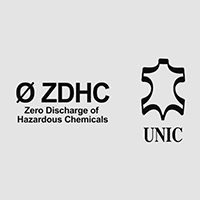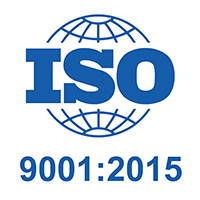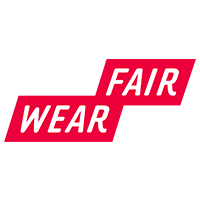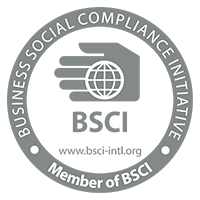
There are many factors that can affect employee performance in the ready-made garment industry. Some of the most important factors include:
- Individual factors: These factors include the employee's skills, knowledge, abilities, and motivation. Employees who are well-trained and have the skills and abilities to do their jobs are more likely to perform well. Employees who are motivated and committed to their work are also more likely to perform well.
- Job factors: These factors include the job's design, the work environment, and the work-life balance. Jobs that are well-designed and that provide employees with the resources they need to do their jobs are more likely to lead to high performance. Jobs that are in a positive work environment and that provide employees with a good work-life balance are also more likely to lead to high performance.
- Organizational factors: These factors include the organization's culture, leadership, and policies. Organizations that have a positive culture, strong leadership, and fair and supportive policies are more likely to have high-performing employees.
In addition to these factors, there are a number of other factors that can affect employee performance in the ready-made garment industry. These factors include:
- Pay and benefits: Employees who are paid fairly and who have access to good benefits are more likely to be motivated and committed to their work.
- Training and development: Employees who are given opportunities to learn and develop their skills are more likely to be able to perform their jobs at a high level.
- Communication: Employees who feel that they are able to communicate effectively with their managers and co-workers are more likely to be satisfied with their jobs and to perform well.
- Employee recognition: Employees who are recognized for their contributions are more likely to be motivated and committed to their work.
- Work Environment: The work environment plays a crucial role in employee performance. Factors such as noise levels, temperature, ventilation, lighting, and overall cleanliness can impact productivity and motivation.
- Leadership and Management: Effective leadership and management practices greatly influence employee performance. Clear communication, supportive management, guidance, and feedback can contribute to higher levels of employee engagement and performance.
- Compensation and Rewards: Fair and competitive compensation packages, including salaries, bonuses, and incentives, are crucial for motivating employees. Recognizing and rewarding outstanding performance can foster a positive work culture and drive higher productivity.
- Job Design and Task Clarity: Well-designed jobs and clear task assignments help employees understand their responsibilities, goals, and expectations. When employees have a clear understanding of their roles, they can perform more effectively and efficiently.
- Employee Engagement: Engaged employees are more likely to perform at their best. Creating a work environment that fosters employee engagement through open communication, involvement in decision-making, and opportunities for collaboration can positively impact performance.
- Work-Life Balance: Striking a balance between work and personal life is vital for employee well-being and performance. Organizations that promote work-life balance through flexible work arrangements and supportive policies tend to have more satisfied and motivated employees.
- Team Dynamics and Collaboration: Effective teamwork and collaboration enhance employee performance. Encouraging teamwork, providing opportunities for cross-functional collaboration, and fostering a supportive team culture can lead to improved productivity and innovation.
- Employee Empowerment: Empowering employees by delegating authority, encouraging autonomy, and involving them in decision-making processes can boost motivation and performance. When employees feel empowered, they take ownership of their work and strive for excellence.
- Health and Safety: Providing a safe and healthy work environment is essential for employee performance. Ensuring compliance with safety regulations, implementing ergonomic measures, and promoting employee well-being contribute to higher productivity and reduced absenteeism.
These factors interact and influence each other so organizations should consider them holistically to create an environment that supports employee performance and well-being in the ready-made garments manufacturing industry.
Leave a Reply
Your email address will not be published.






















Comments
0 Comment